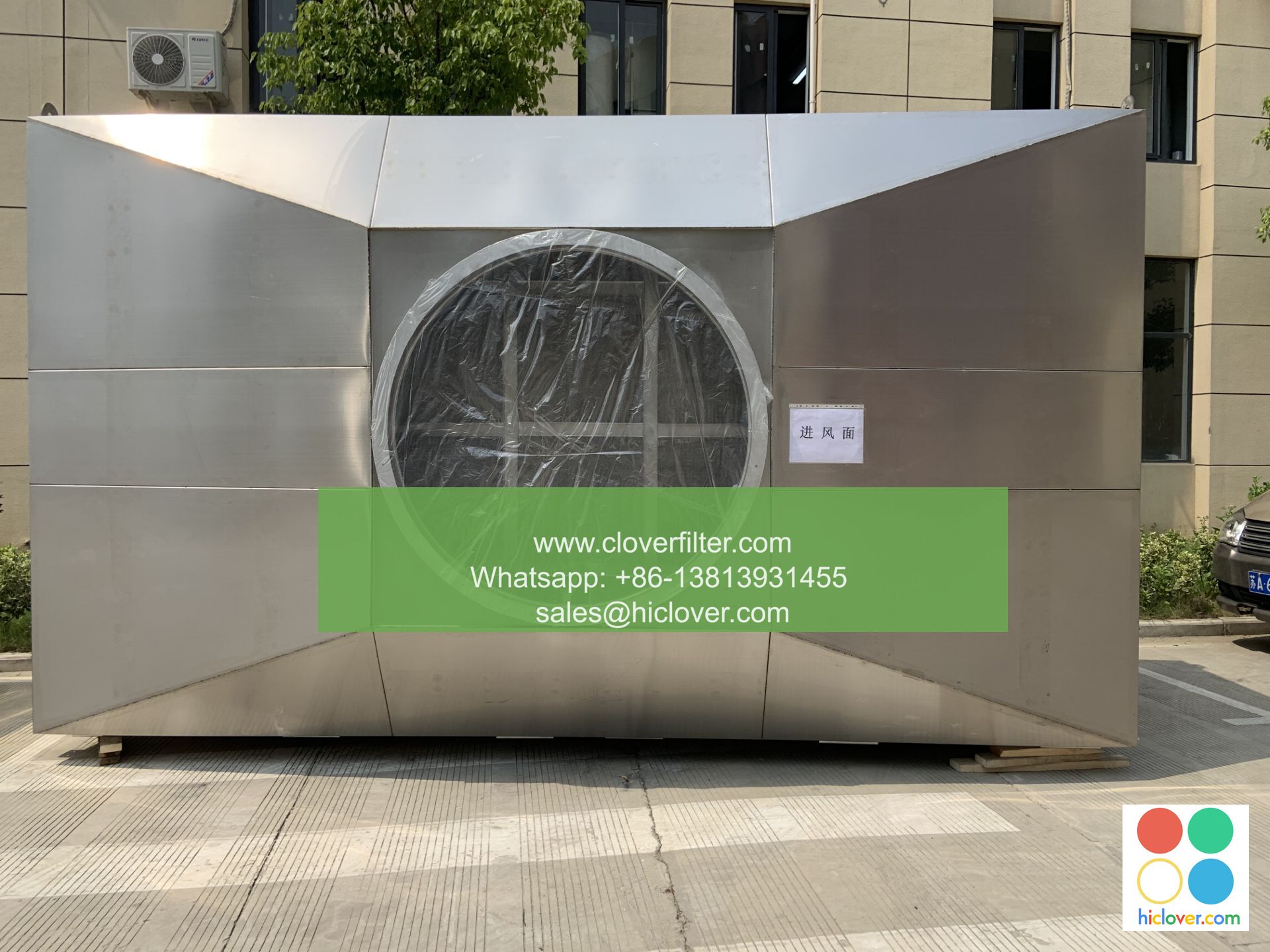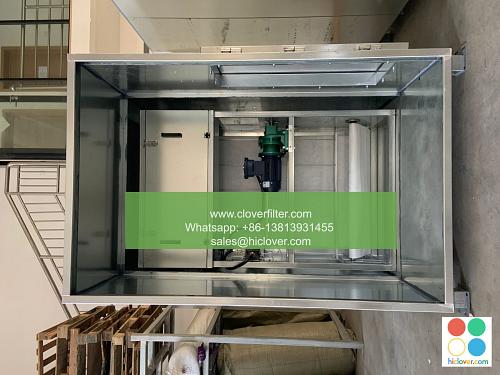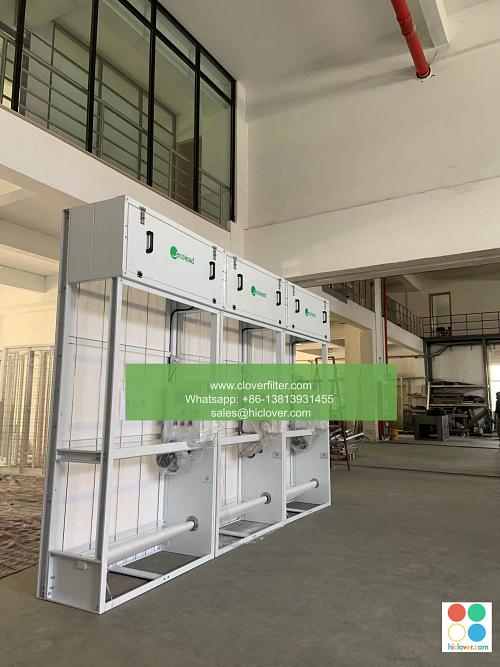Air Filter Market Analysis: Trends and Predictions

The air filter market is a rapidly growing industry, driven by increasing concerns about indoor and outdoor air quality, as well as the need for efficient and effective filtration systems. In this article, we will provide an in-depth analysis of the air filter market, highlighting various application areas, trends, and predictions.
Introduction to Air Filters
Air filters are devices designed to remove pollutants, allergens, and other harmful particles from the air, improving the overall air quality. They are used in a variety of applications, including industrial air purification, commercial HVAC systems, and residential air cleaning. The air filter market is a critical component of the global air quality control industry, with a significant impact on public health and the environment.
Market Trends and Drivers
The air filter market is driven by several key trends and drivers, including:
- Increasing awareness of air pollution: Growing concerns about the health impacts of air pollution, particularly in urban areas, are driving demand for effective air filtration systems.
- Advances in technology: Improvements in filter design, materials, and manufacturing processes are leading to more efficient and effective air filters, with higher filter efficiency and longer filter lifespan.
- Stringent regulations and standards: Governments and regulatory bodies are implementing stricter air quality standards and emission controls, driving the adoption of air filters in various industries.
- Growing demand from emerging markets: Increasing economic growth and urbanization in emerging markets, such as China and India, are driving demand for air filters and air purification systems.
- Industrial air filtration: Air filters are used in industrial processes, such as chemical processing, pharmaceutical manufacturing, and food processing, to remove pollutants and contaminants from the air.
- Commercial HVAC systems: Air filters are used in commercial buildings, such as office buildings, hospitals, and schools, to improve indoor air quality and reduce the risk of airborne diseases.
- Residential air cleaning: Air filters are used in residential homes to remove allergens, pollutants, and other harmful particles from the air, improving indoor air quality and reducing the risk of respiratory problems.
- Automotive air filtration: Air filters are used in vehicles to remove pollutants and contaminants from the air, improving in-cabin air quality and reducing the risk of driver fatigue.
- Increasing adoption of HEPA filters and ULPA filters: High-efficiency particulate air (HEPA) filters and ultra-low penetration air (ULPA) filters are expected to become more widely adopted, particularly in industrial and commercial applications.
- Growing demand for smart air filters: Smart air filters, which can monitor and adjust to changing air quality conditions, are expected to become more popular, particularly in residential and commercial applications.
- Emergence of new technologies: New technologies, such as nanofiber filters and biological air filters, are expected to emerge, offering improved filter efficiency and effectiveness.
Application Areas
Air filters are used in a variety of application areas, including:
Predictions and Future Outlook
The air filter market is expected to continue growing in the coming years, driven by increasing concerns about air pollution and the need for effective filtration systems. Some key predictions and trends include:
Conclusion
The air filter market is a rapidly growing industry, driven by increasing concerns about air pollution and the need for effective filtration systems. With a wide range of application areas, including industrial air purification, commercial HVAC systems, and residential air cleaning, the air filter market is expected to continue growing in the coming years. As technology continues to advance and new innovations emerge, the air filter market is expected to play an increasingly important role in improving public health and the environment. You haven’t asked a question or provided any context for me to respond to. Please provide more information or ask a specific question, and I’ll do my best to assist you. What’s on your mind?


